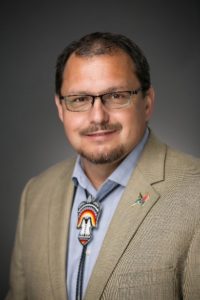You’re most likely reading this on a device connected to the internet. Consider yourself lucky because 45% of Washington residents either have no internet service in their home or have less than 10 Megabits per second (Mbps) download speed. At that speed, you can check email and browse a few internet sites, but you can’t stream a TV program or movie, participate in a video call, or have a reliable connection for more than one person at a time.
Pretty rough, right? Now take a step back and think about folks who don’t have or can’t afford a computer or mobile device, or who are hesitant or don’t even know how to go online even if they could.
Digital equity begins with infrastructure, but it’s much more than laying fiber or linking to satellites to get people in rural areas connected.
The Washington Statewide Broadband Office is on the path to accomplish the nation’s most aggressive broadband goals.
This effort is supported by significant state and federal capital funding for investment in broadband infrastructure. The broadband office, Public Works Board and Community Economic Revitalization Board (CERB) together have committed nearly $450 million in state and federal resources to support and accelerate efforts by communities and Tribes to plan and pursue projects throughout the state.
But access to the internet is just the first step. Digital equity is also about affordability and digital literacy — helping all residents make use of the technologies and opportunities enabled by high speed internet access.
And just as no single technology or approach is right for every community when talking about investing in broadband infrastructure, so too advancing digital equity must be community-led and involve public and private partners.

New Office of Digital Equity focuses on listening, partnering and planning
To be successful, it’s crucial that solutions are community-led.
The state’s broadband office has added a new team focused specifically on digital equity. The new Office of Digital Equity, led by Ernie Rasmussen, will be a hub for this pivotal work in the state Broadband Office. Rasmussen, a Citizen of the Oneida Nation of Wisconsin, most recently worked at Commerce as the agency’s Tribal liaison and has more than 20 years of experience working with Tribal communities.
